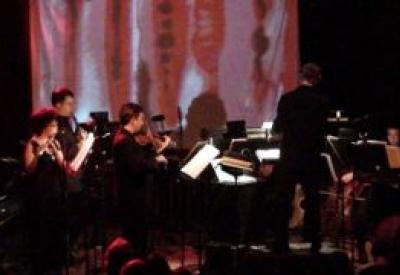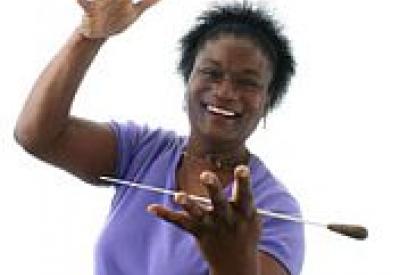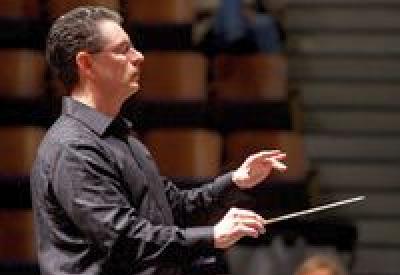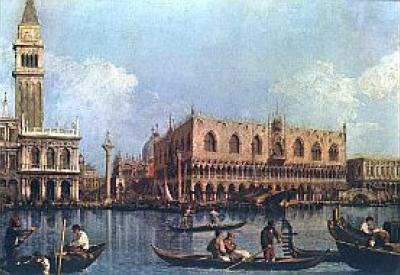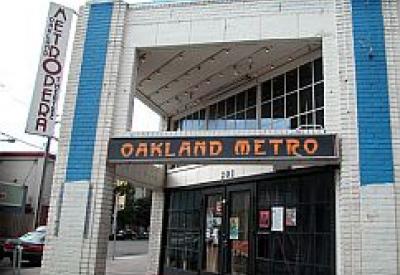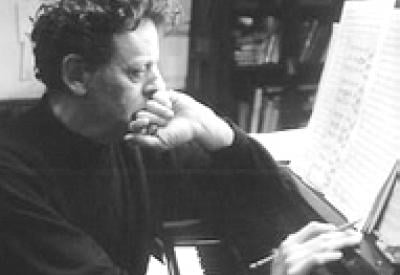Michael Zwiebach is the senior editor/content manager for SFCV. He assigns all articles and content, manages the writing staff, and does editing. A member of SFCV from the beginning, Michael holds a Ph.D. in music history from the University of California, Berkeley.

